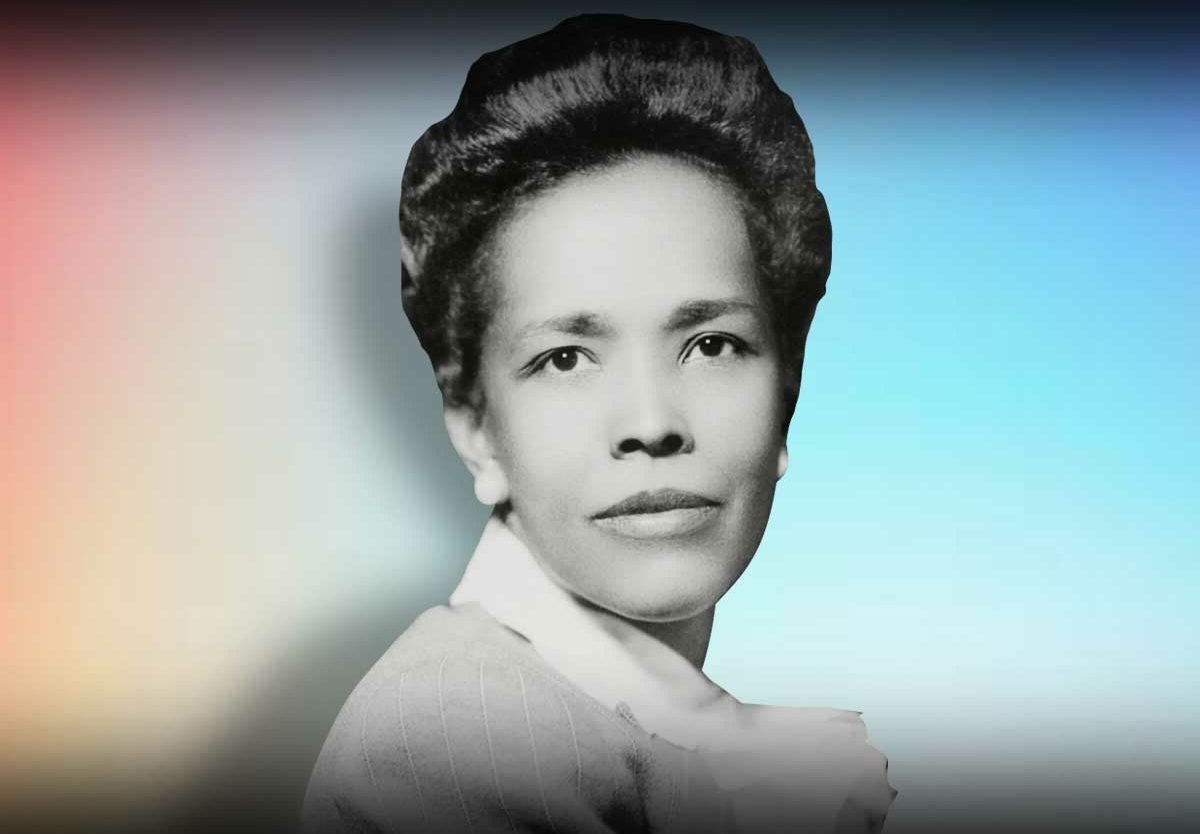
Who was Ella Baker? Ella Baker was a civil rights activist who played a pivotal role in the fight for racial equality in the United States. Born in 1903, she worked tirelessly behind the scenes, organizing grassroots movements and empowering young activists. Unlike many of her contemporaries, Baker believed in the power of collective action over individual leadership. She helped establish the Southern Christian Leadership Conference (SCLC) and the Student Nonviolent Coordinating Committee (SNCC), two key organizations in the civil rights movement. Her legacy continues to inspire those committed to social justice and community organizing. Ella Baker's life and work remind us that true change often comes from the ground up.
Early Life and Education
Ella Baker's early years shaped her into a powerful advocate for civil rights. Her upbringing and education played a crucial role in her future activism.
-
Ella Baker was born on December 13, 1903, in Norfolk, Virginia. Her family later moved to Littleton, North Carolina, where she grew up.
-
She was influenced by her grandmother, who had been a slave. Her grandmother's stories of resistance and resilience inspired Baker's lifelong commitment to social justice.
-
Baker attended Shaw University in Raleigh, North Carolina. She graduated as valedictorian in 1927, showcasing her academic excellence and leadership potential.
Activism and Leadership
Ella Baker's activism spanned several decades, during which she played a pivotal role in numerous civil rights organizations.
-
In the 1930s, Baker joined the Young Negroes' Cooperative League. This organization aimed to promote economic empowerment among African Americans through collective action.
-
She worked for the NAACP from 1940 to 1953. Baker served as a field secretary and later as director of branches, traveling extensively to organize local chapters.
-
Baker co-founded the Southern Christian Leadership Conference (SCLC) in 1957. She worked closely with Dr. Martin Luther King Jr. and other leaders to advance civil rights through nonviolent protest.
-
In 1960, Baker played a key role in the formation of the Student Nonviolent Coordinating Committee (SNCC). She encouraged young activists to take leadership roles and emphasized grassroots organizing.
Philosophy and Approach
Baker's philosophy and approach to activism were unique and influential. She believed in empowering ordinary people to fight for their rights.
-
Ella Baker believed in "participatory democracy." She advocated for involving everyone in decision-making processes, rather than relying on a few leaders.
-
She often said, "Strong people don't need strong leaders." This quote encapsulates her belief in the power of collective action and grassroots organizing.
-
Baker emphasized the importance of local leadership. She believed that those directly affected by issues should lead the fight for change.
Impact on the Civil Rights Movement
Baker's contributions to the civil rights movement were profound and far-reaching. Her work helped shape the strategies and successes of the movement.
-
She organized the 1961 Freedom Rides. These rides challenged segregation in interstate bus travel and brought national attention to the civil rights struggle.
-
Baker helped coordinate the 1964 Mississippi Freedom Summer. This campaign aimed to register African American voters in Mississippi and establish Freedom Schools.
-
Her efforts contributed to the passage of the Civil Rights Act of 1964 and the Voting Rights Act of 1965. These landmark legislations were crucial in dismantling institutionalized racism.
Legacy and Recognition
Ella Baker's legacy continues to inspire activists and organizations today. Her contributions have been recognized and honored in various ways.
-
The Ella Baker Center for Human Rights was founded in 1996. This organization works to advance racial and economic justice, continuing Baker's mission.
-
Baker was posthumously inducted into the National Women's Hall of Fame in 1994. This honor recognizes her significant impact on civil rights and social justice.
-
Her life and work have been the subject of numerous books and documentaries. These works help keep her legacy alive and educate new generations about her contributions.
Personal Life and Character
Beyond her public achievements, Ella Baker's personal life and character were marked by resilience, determination, and compassion.
-
Baker was known for her modesty and humility. Despite her significant contributions, she often worked behind the scenes and avoided the spotlight.
-
She never married or had children. Baker dedicated her life to activism and considered the civil rights movement her family.
-
Baker was a mentor to many young activists. Her guidance and support helped shape the next generation of civil rights leaders.
Influence on Modern Activism
Ella Baker's principles and strategies continue to influence modern social justice movements. Her emphasis on grassroots organizing and participatory democracy remains relevant today.
-
The Black Lives Matter movement draws on Baker's principles. Like Baker, BLM emphasizes local leadership and collective action.
-
Many contemporary activists cite Baker as an inspiration. Her commitment to social justice and belief in the power of ordinary people resonate with today's movements.
-
Baker's legacy lives on through the organizations and movements she helped build. Her work laid the foundation for ongoing struggles for equality and justice.
Ella Baker's Lasting Legacy
Ella Baker's contributions to the civil rights movement are nothing short of remarkable. Her dedication to grassroots organizing, belief in collective leadership, and tireless advocacy for justice have left an indelible mark on history. Baker's work with the NAACP, SCLC, and SNCC showcased her commitment to empowering ordinary people to fight for their rights. Her influence extended beyond her lifetime, inspiring future generations of activists to continue the struggle for equality. Baker's legacy reminds us that true change comes from the ground up, driven by the collective efforts of individuals united in a common cause. As we reflect on her life, let's remember the power of community, the importance of standing up for what's right, and the enduring impact one person can have on the world. Ella Baker's story is a testament to the strength and resilience of the human spirit in the pursuit of justice.
Was this page helpful?
Our commitment to delivering trustworthy and engaging content is at the heart of what we do. Each fact on our site is contributed by real users like you, bringing a wealth of diverse insights and information. To ensure the highest standards of accuracy and reliability, our dedicated editors meticulously review each submission. This process guarantees that the facts we share are not only fascinating but also credible. Trust in our commitment to quality and authenticity as you explore and learn with us.


